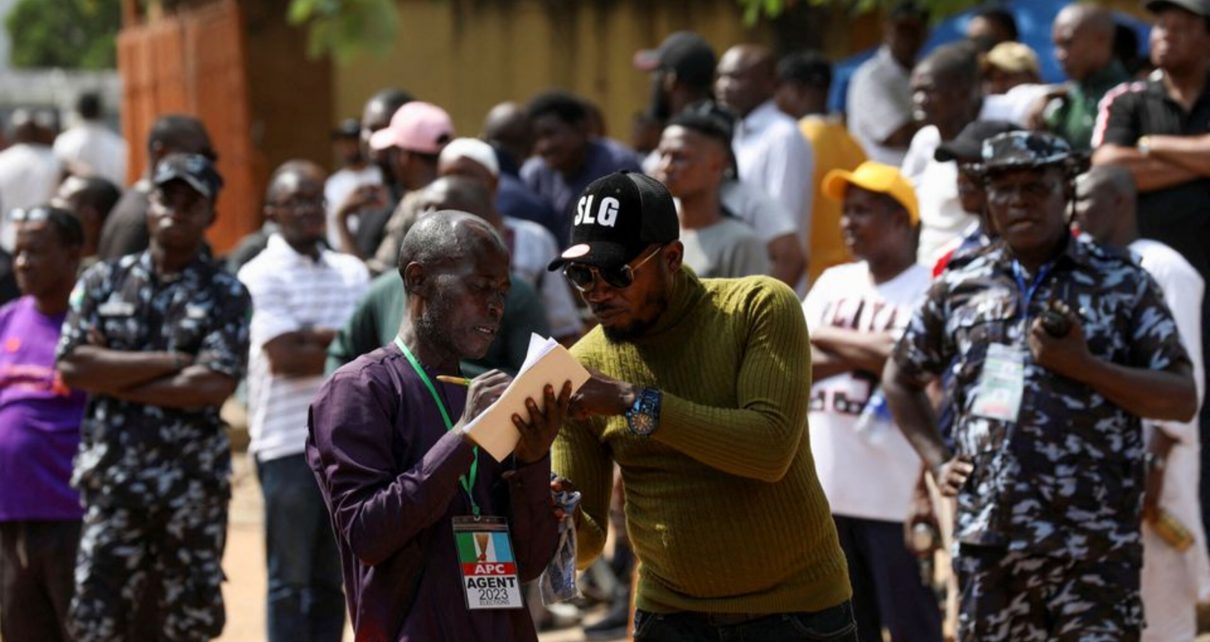At least 21 people were reported dead on Monday by European Union election observers, who noted that intimidation, violence, and low turnout characterised Nigeria’s gubernatorial and state legislative elections.
On Saturday, Nigerians cast ballots for state governors in 28 of the country’s 36 states. On Monday, results were still anticipated from a number of states, including northeastern Adamawa, a conservative and Muslim state that may produce its first female governor.
Lagos, which re-elected the governor of the ruling party, was one of several southern and central states that experienced election-related violence, according to Barry Andrews, the chief observer for the European Union Observer Mission in Nigeria.
“Polling on election day was again disrupted by multiple incidences of thuggery, intimidation of voters, polling officials, observers and journalists and this occurred in most of the states,” Andrews said.
“It’s actually tragic that 21 people, according to our latest information, lost their lives in election-related violence.”
But the reported death toll in the most populous nation in Africa was lower than the actual toll in previous elections. Usually, when results are announced, there is the most unrest.
The violence and intimidation, according to Andrews, could be to blame for the low turnout. Authorities estimate the turnout in Lagos state, Nigeria’s most populous with more than 20 million residents, at 16%, despite the fact that there is no national turnout figure because the voting is managed state by state.
In contrast to the contentious presidential election last month, he claimed that there were some improvements in Saturday’s vote. Most polling places opened early and had election materials that were on time, and the electronic voting machines performed better than they did the previous month.


